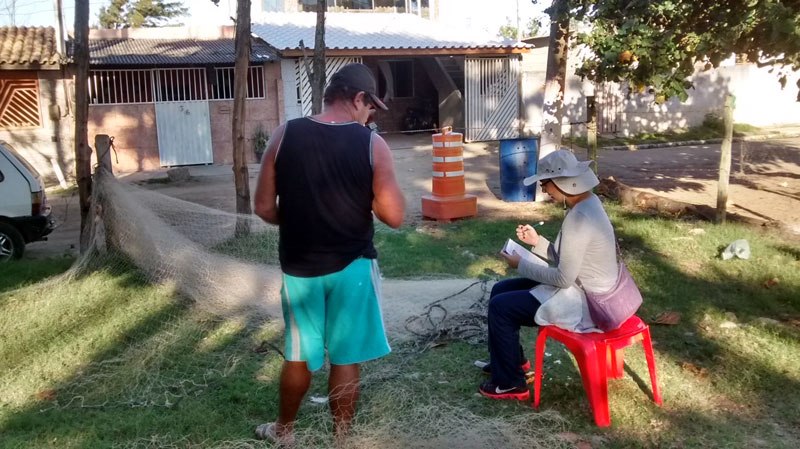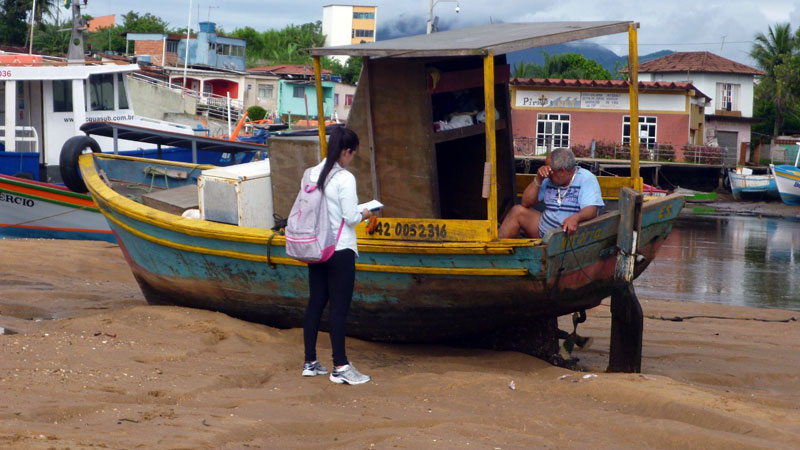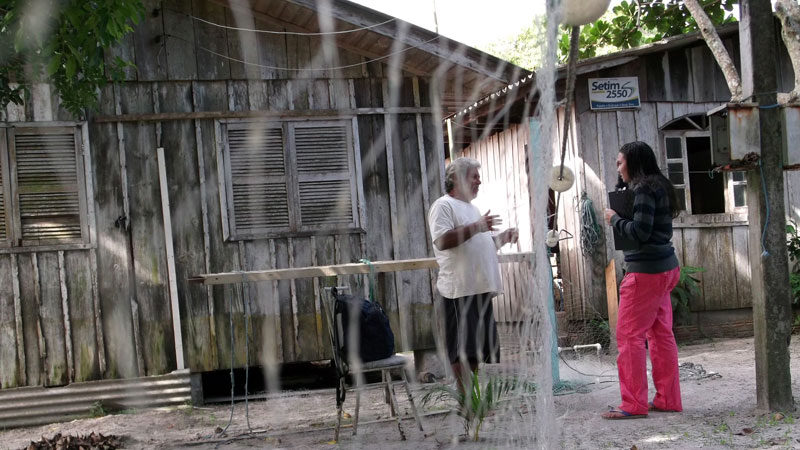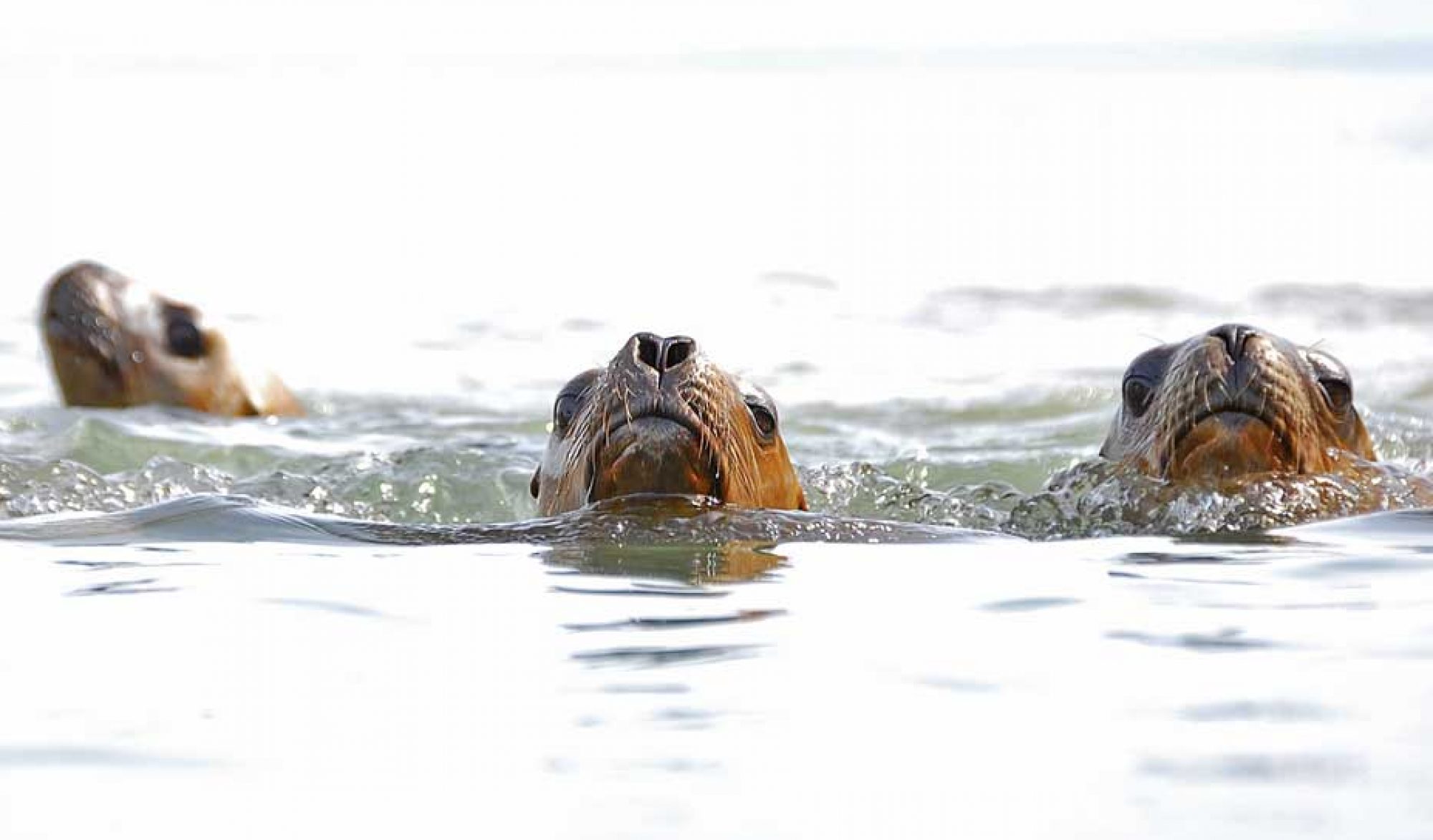Local ecological knowledge about the Toninha - Franciscana dolphin(Pontoporia blainvillei) from fishermen in the southeast and south of Brazil
The Ecologia Humana do Oceano research group, based at the Federal University of Espirito Santo in southeastern Brazil, conducted a study with traditional fishermen in the southwest Atlantic on the Toninha - Franciscana dolphin(Pontoporia blainvillei). The research team conducted interviews in ten fishing communities in the southeast and south of Brazil.

Most fishermen fishing in the Franciscana dolphin's range have not been able to identify this species. The fishermen who have recognized the Toninha explain that this dolphin is accidentally caught as bycatch in gillnets. Usually the carcasses are thrown overboard, but the fat and muscle can be used as bait for shark fishing and for human consumption. These fishermen know no solutions to reduce the accidental capture of Franciscan dolphins.

The extent to which fishermen can identify and provide data on the toninha depends on direct encounters with the animals. Consequently, local knowledge is influenced by the presence of the species in the fishing grounds, the type of fishing gear used and the characteristics of the habitat (protected areas as opposed to the open sea). These conditions facilitate or hinder observation and contact with the toninha, whose physical and behavioral characteristics already sufficiently limit their observation in the environment.

Fishermen's knowledge of the toninha was compared between the regions studied and the researchers found that fishermen in the south of the country were more aware of the species than those in the southeast of Brazil. The results of this study suggest that measures to raise awareness of the species are needed in the fishing communities studied, particularly in the southeast of the country, where the toninha is less well known.
When conditions were favorable for identifying the species, fishermen were able to determine its characteristics and provide information on interactions with fisheries. Local ecological knowledge thus proves to be a useful tool for collecting data on the populations of the franciscana dolphin that overlap with the fishing areas in the western South Atlantic.

Local Ecological Knowledge (LEK) has been proven to be invaluable for wildlife conservation as it contributes to a holistic understanding of ecosystems, improves conservation planning and management, and promotes cultural preservation and empowerment of local communities. Integrating LEK with other scientific knowledge creates a more inclusive and effective approach to species conservation, ensuring the long-term well-being of both wildlife and local communities. With this in mind, YAQU PACHA is increasing its involvement and participation in LEK projects.
Read also the publication as PDF: Local ecological knowledge of fishers from southern and southeastern Brazil about the franciscana dolphin Pontoporia blainvilleiStrategies for conservation
The study was financed by YAQU PACHA e.V.

